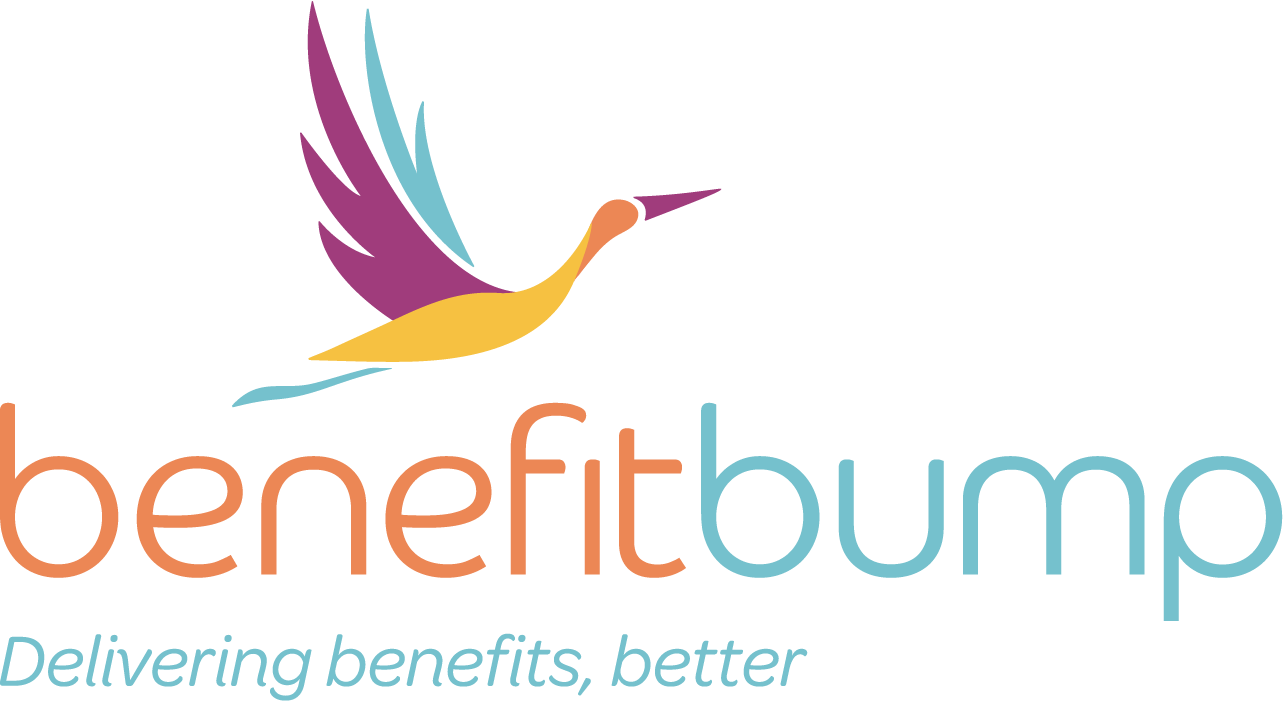Returning to Work After a Loss
Returning to work after a pregnancy loss can be very difficult to endure in the midst of grief. By creating some intentionality around your return to work after a perinatal loss, you might be able to decrease stress associated with an already heartbreaking situation. Creating a Return to Work Plan with your manager/HR partner can help increase the support you receive from your employer and ensure that you are comfortable with when – and how – news of your loss is shared. These steps offer some themes and thinking points to talk through with a trusted advocate, such as a manager or a co-worker, when preparing to return to work after a loss.
Have you shared the news with your manager or co-workers? If you had an early miscarriage it may be that no one at your employer knew you were pregnant. It’s up to you how much you want your co-workers to know about your loss. If you had already shared the news of your pregnancy at work, it may be easier to tell everyone about your loss so that they do not hear the news through rumor. If it feels too intense to share the news yourself, some women choose to designate a friend or supervisor to communicate the news – and the details you are comfortable with sharing – before you return to work. However, if your pregnancy was still in the early stages, you can also opt to keep the news private.
If you do decide to share your story, be clear in your communication.
Consider using the proper medical term for your type of loss.
Be specific with what you are comfortable discussing with co-workers, particularly if you do not want to talk about your loss.
If you are close with your co-workers, provide details about any memorial service, or where to send donations in your baby’s name.
Be prepared that not everyone will respect your wishes with regard to how you want to talk or not talk about your loss. If you don’t feel comfortable with how a coworker is talking to you about your experience and do not feel comfortable asking them to change the subject, take the issue to a supervisor or someone from human resources.
Most employers offer an Employee Assistance Program (EAP) that provides free short term counseling visits. This type of counseling may improve your emotional state, provide coping techniques and access to resources that can make a significant difference in how you are feeling about your return to work.
Here are a few Return to Work Plan suggestions and ways you can transition:
Communicate with your medical provider to determine how much time you need for physical recovery. It may be that transitioning back to work requires a part-time schedule at first.
Depending on the type of loss and physical recovery you have had, accommodations may need to be made for a period of time. Make sure your manager is aware of the accommodations.
Does your work schedule need to be adjusted or shifted for a period of time?
Make a to-do list to help you stay on top of tasks related to return-to-work preparations. Checking things off your list might help you feel accomplished and productive in your early days back at work.
Make a backup plan before going returning. Consider lining up a support person who can be on standby if you need to leave work for any reason -- physical or emotional – and don’t feel comfortable driving yourself.
Some women will recover quickly, and appear less affected while others will need more time to grieve. There is no right or wrong way to cope with a pregnancy loss. You will be the best judge of how well you can perform effectively. It’s okay to ask for any of the resources and accommodations above to allow for your emotional well-being. Additionally, your BenefitBump Care Navigator is here to help in any way we can.
For more information, visit: https://www.verywellfamily.com/going-back-to-work-after-pregnancy-loss-2371808.
